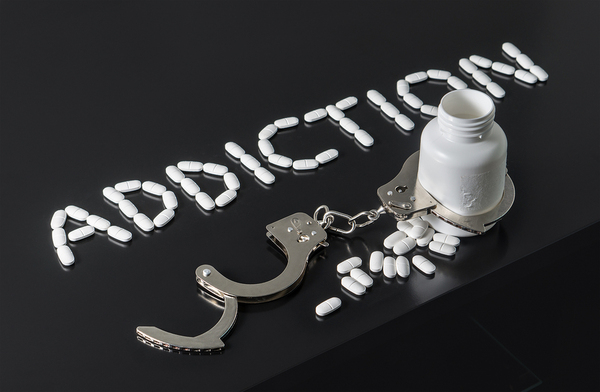What is the single biggest obstacle to recovery faced by many addicts and substance abusers? Admitting they have a problem. This mindset interferes with many addicts getting the help they need in order to regain control of their lives. In many cases, in fact, admitting the problem and seeking treatment—specifically intensive inpatient drug rehab—is the key to recovery. Wondering whether this type of treatment is right for you? Here’s a closer look at what makes intensive inpatient drug rehab the best option for many people struggling with substance abuse issues.

Addiction doesn’t have to be a life sentence thanks to intensive inpatient drug rehab.
What is Intensive Inpatient Drug Rehab?
The words “intensive inpatient drug rehab” may sound like a mouthful, but the concept is a simple one: It means that patients check into a controlled environment with access to 24-hour emotional support and clinical care.
Conversely, outpatient rehab programs are part-time, allowing patients to come and go while receiving treatment. While this option offers the benefit of allowing patients to meet work, school, and other obligations, it is accompanied by a higher risk of relapse for people with strong addictions.
On paper, outpatient rehab may seem like a more practical and convenient choice than inpatient rehab because it doesn’t require stepping completely away from everyday life. However, in reality, that perceived “benefit” can become a curse, because the distractions of daily living can divert participants’ focus away from recovery. The lack of access to 24-hour care and easier access to substances add up to a heightened risk of relapse.
The Benefits of Intensive Inpatient Rehab
Also known as residential treatment, intensive rehab programs are effective because they encourage residents to focus their full attention on sobriety and recovery free of everyday stressors in a stable, substance-free environment.
The medically assisted detox programs included in intensive rehab programs can be vital to overcoming drug cravings, managing withdrawal symptoms, and avoiding relapse. The physicians and addiction specialists on staff in inpatient programs offer medical and psychiatric monitoring throughout detox—invaluable expertise given that individual addicts respond differently to detox and withdrawal. Attempting to detox without professional oversight is not only challenging, it’s also dangerous and potentially life-threatening.

A 24/7 support network awaits residents in intensive inpatient treatment programs.
Is Inpatient Drug Rehab Right for You?
The decision to enroll in an intensive inpatient rehab program is a personal one that relies on a number of factors, including whether:
- your home environment is stable and supportive of sobriety
- you’re exposed to drugs in your living environment
- you have medical or mental health issues that may require trickier dual diagnosis treatment
- you require any additional specialized services
One last thing to keep in mind is that many people mistakenly assume that intensive inpatient drug rehab means separation from family members and friends. While this treatment course does remove addicts from the environments in which their addictions thrived, it also very much acknowledges the critical role family involvement plays in recovery.

Family matters in substance abuse recovery.
Family members are integrated into the program in order to most comprehensively support and encourage their loved ones. At Harris House, in fact, family members are involved in weekly counseling sessions aimed at everything from reunification basics to how to deal with feelings in a healthy way.
As understanding about addiction and recovery grow, so do addiction recovery options. While there’s no one-size-fits-all solution when it comes to the substance abuse treatment, intensive inpatient rehab offers most people struggling with addiction a viable path to more fulfilling and addiction-free lives.
We’re Here to Help
Contact us at Harris House today to learn more about why our intensive inpatient drug rehab program may be right for you.







